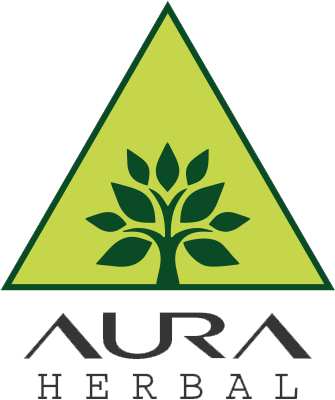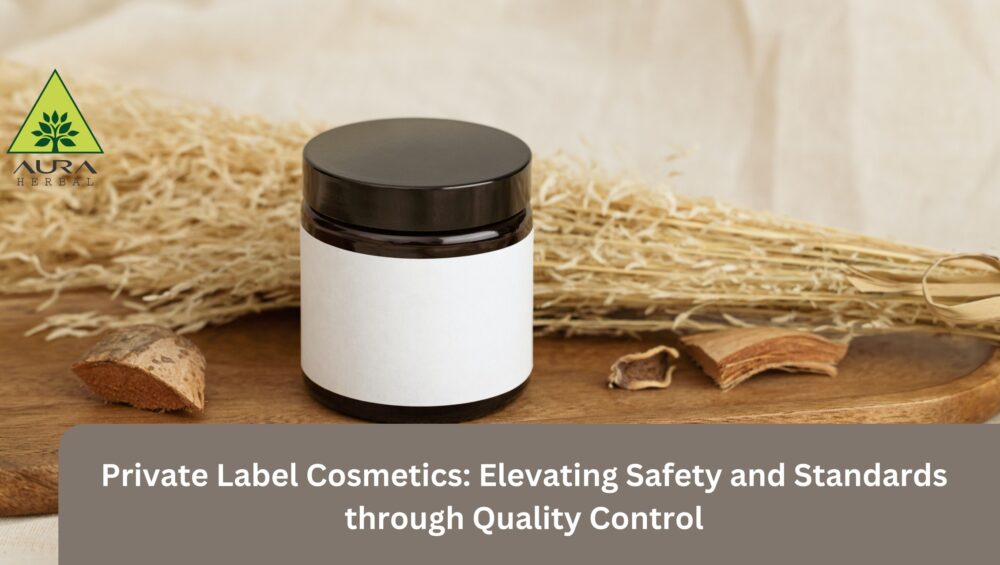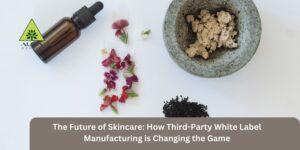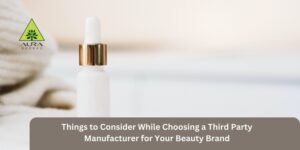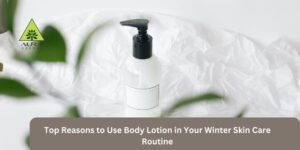The popularity of private label cosmetics among consumers is growing rapidly, which has significantly disrupted the beauty and cosmetics industry. Private label items are cosmetics marketed under a separate company’s brand. Improved control over product offers, versatility in branding, and affordability are just a few advantages of this company approach. However, with the growth of the private label cosmetic products sector, it is more crucial than ever to maintain standards and ensure quality control.
Understanding Quality Control in Private Label Cosmetics
To ensure that set standards for quality and safety are fulfilled in the manufacture and distribution of cosmetics, it is crucial to monitor and assess a number of different areas. Quality control is the name given to this procedure. Private label cosmetics quality control covers everything from locating raw materials to final product packaging and distribution.
- Choosing High-Quality Ingredients: The ingredients are the cornerstone of every high-quality cosmetic product. Manufacturers of private label cosmetics must carefully select reliable vendors for their high-quality ingredients. This entails in-depth investigation, supplier inspections, and raw material quality checks. The quality and safety of the final product are directly impacted by the purity and safety of these substances.
- Formulation and Testing: After the components are obtained, this phase is crucial. Cosmetic formulations need to satisfy customer expectations while also following legal requirements. Stability, compatibility, and effectiveness tests for formulas should be conducted with great care. Testing ensures that the product retains its desired characteristics over the course of its shelf life and when exposed to various environmental factors.
- Safety Assessments: In the cosmetics sector, safety is of utmost importance. Private label cosmetics must go through extensive safety evaluations to find any possible irritants, allergies, or dangerous substances. Testing is done for allergic responses, eye discomfort, and skin sensitivity. Safety evaluations serve as a way to safeguard customers and uphold a brand’s reputation in addition to being a legal necessity.
- Batch-to-Batch Uniformity: One difficulty faced by private label cosmetic manufacturers India is maintaining uniformity in product quality from batch to batch. Regular testing and analysis of final products should be a part of quality control operations to make sure they adhere to defined standards. Before items are sold to customers, any discrepancies should be discovered and corrected.
- Adhering to Regulatory Standards: To protect customer safety, the cosmetics business is bound by a number of rules and regulations. Private label cosmetics are subject to these laws, which may include limitations on specific ingredients, labelling specifications, and testing procedures. Careful inspections should be a part of quality control procedures to guarantee that goods meet these requirements.
Conclusion
The importance of quality control in guaranteeing safety and upholding standards cannot be understated as private label product exports in India grow. Customers put their faith in brands and anticipate that the goods they purchase will fulfil their needs without posing any risks. Manufacturers of private label cosmetics have an obligation to meet these standards through strict quality control procedures that cover every phase of manufacturing. Those who place a high priority on quality control will surely stand out in this cutthroat market, forging enduring bonds with customers and encouraging brand loyalty.
